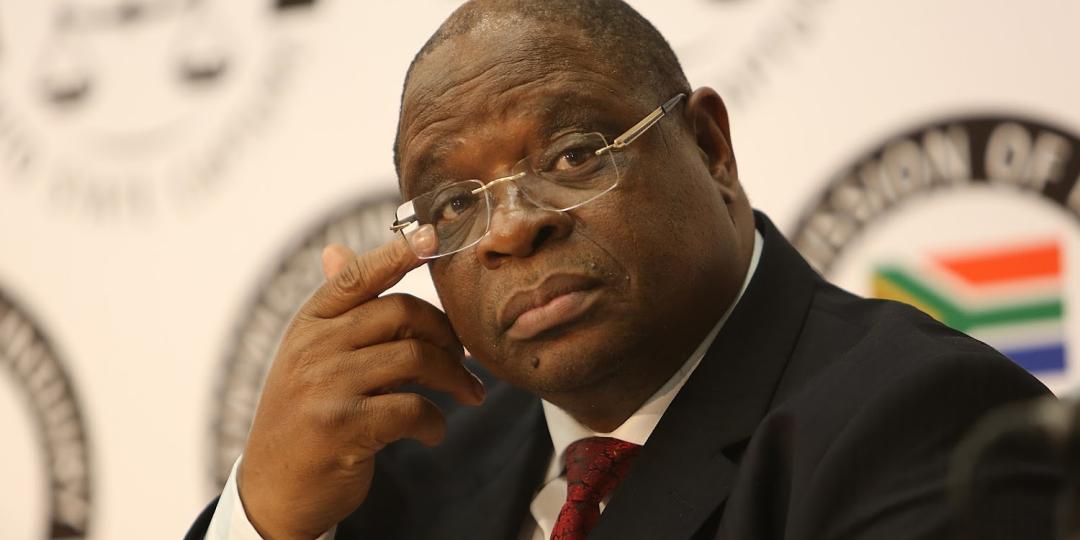In early September, Chief Justice Raymond Zondo delivered the keynote address at an event organised by News24. In speaking on the topic of state capture, and whether he thought something similar could happen again in the future, the Chief Justice indicated that he thought there was a high likelihood the ANC would once again fail to use its majority in parliament to deal with it.
Zondo’s view is based on the fact that, “members of the majority party are not expected or should not vote in a motion of no confidence if the president of the country is their president”. Therefore, if something akin to state capture were to occur again, and it is driven from within the party, the ‘party line’ as it were would take precedence, and members of the ruling party would be expected to toe that line no matter what.
The ANC is guided by the National Democratic Revolution and the edicts and requirements thereof. This, for example, includes that, through being in control of various levers of state and state companies, the party should use and transform this to, in turn, change society and the economy to resemble what the Revolution requires. If the president or executive committee of the party states that the government’s monopoly in electricity should be run in a certain way, the pressure is on members to not question these decisions.
The larger a state grows and the more control it exerts across economic and societal lines, the higher the incentive is to be in charge of said control. These higher incentives also result in more desperate measures on the part of individuals and companies to see whom they can influence in the corridors of power.
Along with a larger state comes lower economic freedom, mobility, and voluntary avenues for wealth creation. It becomes more a case of who you know in political power, and in so doing you are shielded from market forces and competition. Effectively, the only way to ‘create’ wealth for yourself and your family is through attempting various ways of gaining political influence and power. The stakes become ever higher, and the desperation for those stakes as well.
Chief Justice Zondo’s warning should be taken seriously. Should state capture happen again in the future, albeit in a different form, South Africans should not be surprised. The systems and incentives are set up and enabled by ideology, to always increase the possibility of corruption and state capture to take place.
There may be overtures toward accountability and reform, but these will always be with the caveat that party control and influence need to be maintained at all times. The ideology of the ruling party does not allow it to engage in the kinds of radical reforms that would diminish its control to a significant degree. And scaling back that control, in turn allowing more economic freedom in South Africa, is precisely what citizens need to alleviate grinding poverty and unemployment.
The best course of action would be to reverse the trend of more regulations and higher taxes and start the process of uncoupling the state (and government) on the one side, and the economy and society on the other.









